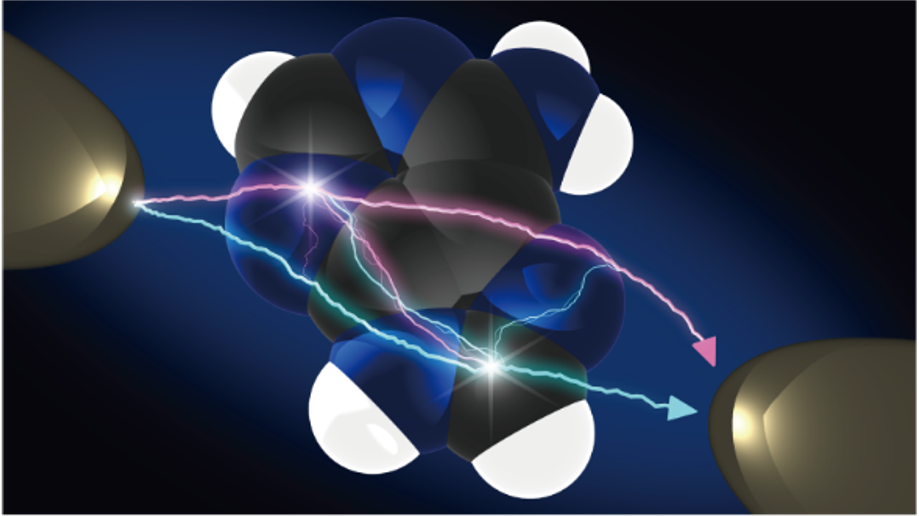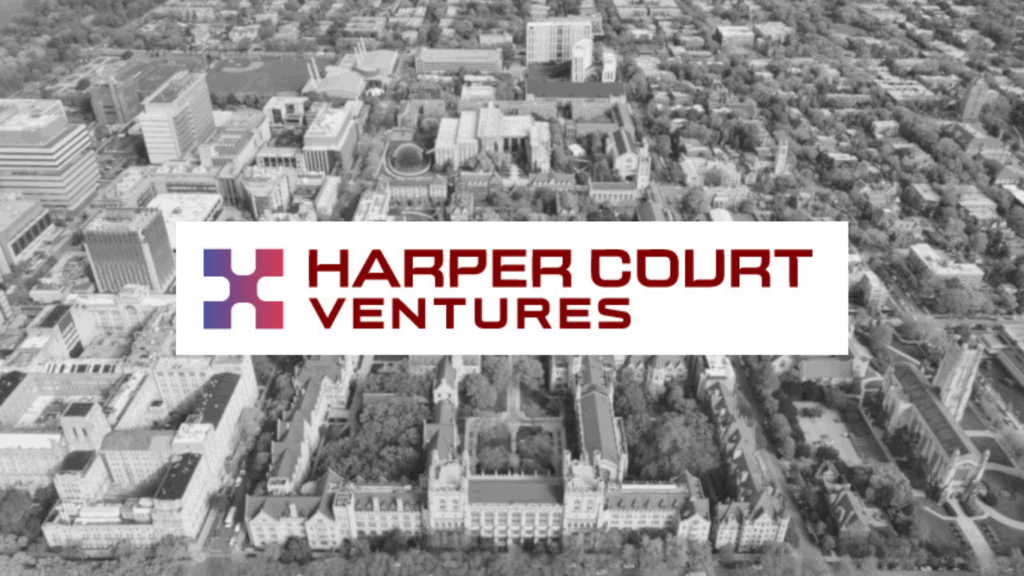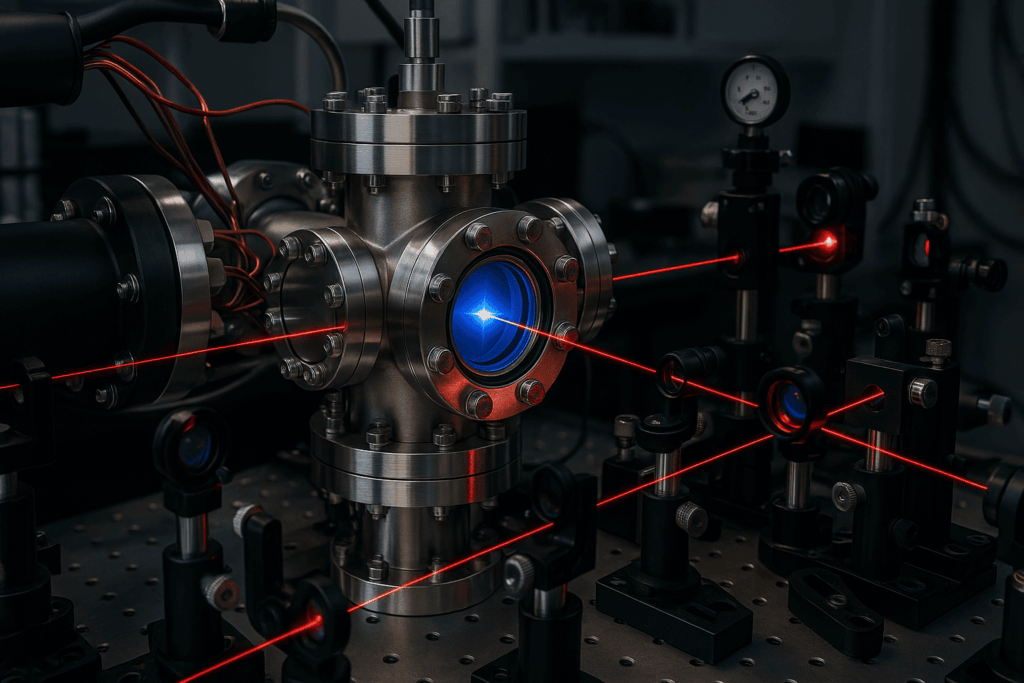Insider Brief
- Osaka University-led research team used a quantum computer to distinguish adenosine from the other three nucleotide molecules.
- This may serve as a first step in a quantum approach for DNA sequencing, one of the team’s major goals.
- Ultra-fast genome analysis, itself, would have far-reaching implications for drug discovery, cancer diagnosis, and infectious disease research are a few examples of what is expected with the advent of ultra-fast genome analysis.
- Image: Schematic figure of single-molecule measurement. Credit: J. Phys. Chem. B. Copyright 2023 American Chemical Society.
PRESS RELEASE — DNA sequencing technology, i.e., determining the order of nucleotide bases in a DNA molecule, is central to personalized medicine and disease diagnostics, yet even the fastest technologies require hours, or days, to read a complete sequence. Now, a multi-institutional research team led by The Institute of Scientific and Industrial Research (SANKEN) at Osaka University, has developed a technique that could lead to a new paradigm for genomic analysis.
DNA sequences are sequential arrangements of the nucleotide bases, i.e., the four ‘letters’ that encode information invaluable to the proper functioning of an organism. For example, changing the identity of just one nucleotide out of the several billion nucleotide pairs in the human genome can lead to a serious medical condition. The ability to read DNA sequences quickly and reliably is thus essential to some urgent point-of-care decisions, such as how to proceed with a particular chemotherapy treatment. Unfortunately, genome analysis remains challenging for classical computers, and it’s in this context that quantum computers show promise. Quantum computers use quantum bits instead of the ‘0’ and ‘1’ of classical computers, facilitating an exponential increase in computational speed.
In a study recently published in the Journal of Physical Chemistry B, the researchers aimed to use a quantum computer to distinguish adenosine from the other three nucleotide molecules. Using quantum encoding to identify single nucleotide molecules is a necessary first step toward the ultimate goal of DNA sequencing, and it’s this problem that the researchers sought to address.

“Using a quantum circuit, we show how to detect a nucleotide from only the measurement data of a single molecule,” explains Masateru Taniguchi, lead author of the study. “This is the first time a quantum computer has been connected to measurement data for a single molecule, and demonstrates the feasibility of using quantum computers in genome analysis.”
The researchers used electrodes with a nanoscale gap between them to detect single nucleotides. The output of current versus time for the adenosine monophosphate nucleotide differed from that of the other three nucleotides. This is because the conduction path of electrons between the nucleotide and the electrodes depends on the chemical architecture of the nucleotide. This is the basis for designing a quantum gate, which that serves as a molecular fingerprint for each nucleotide.
“Variations in conductance depend on molecular rotation patterns that are unique for each nucleotide,” says Tomofumi Tada, senior author of the study. “In the present setup, discrimination of adenosine monophosphate from the other three nucleotides is not necessarily straightforward, but DNA sequencing could be possible by designing quantum gates for these other nucleotides as well.”
This work has broad and exciting potential applications: advances in drug discovery, cancer diagnosis, and infectious disease research are a few examples of what is expected with the advent of ultra-fast genome analysis.
For more market insights, check out our latest quantum computing news here.
















